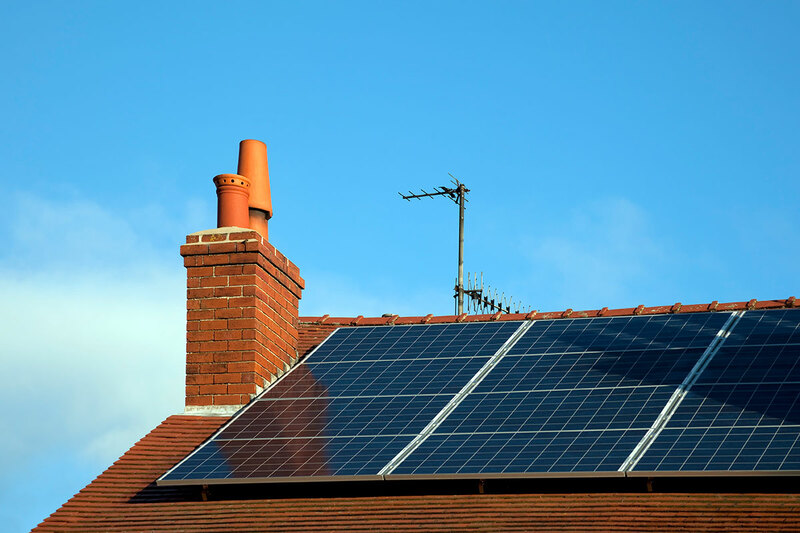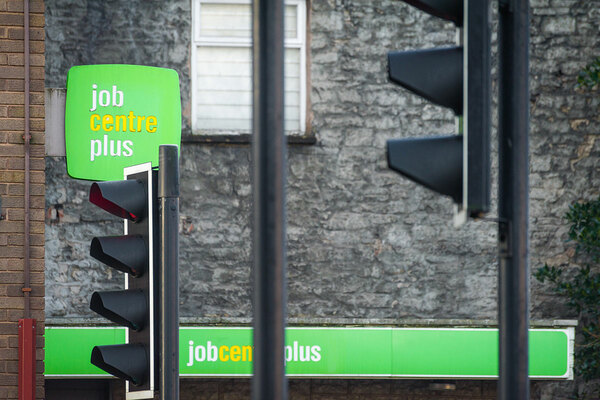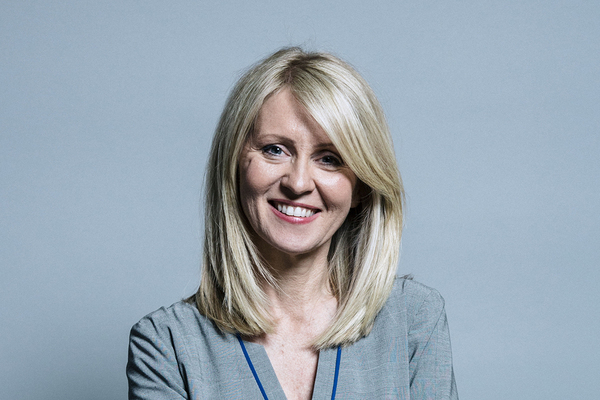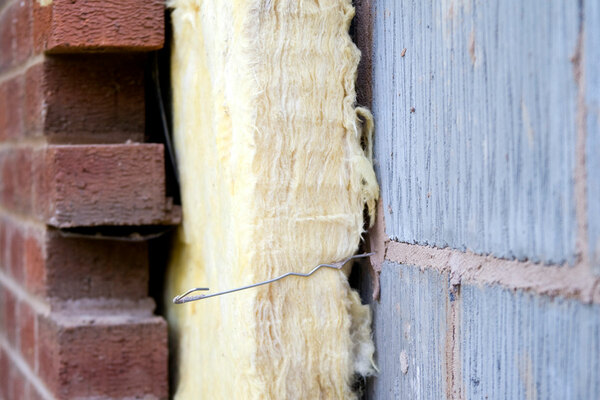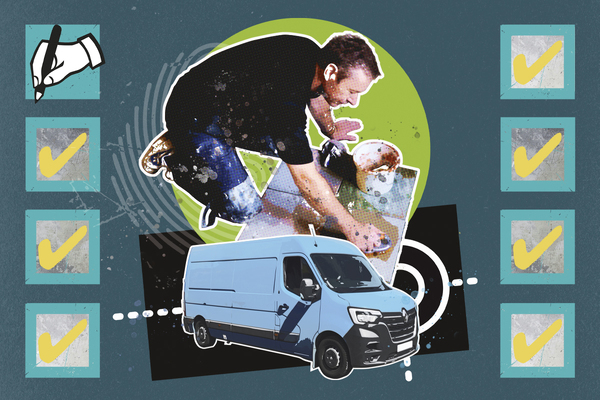Labour pledges £60bn programme for greener homes and zero-carbon new build
The Labour Party has set out plans to make all new homes zero carbon within three years, alongside a new £60bn programme of retrofitting for existing homes.
The party announced the plans this weekend, saying it would introduce the tough “zero-carbon standard”, which will mean that the day-to-day running of a home will not add any carbon to the atmosphere.
It also announced a ‘Warm Homes for All’ strategy, which proposes that insulation, double glazing and low-carbon technologies are fitted to “almost all” of the UK’s 27 million homes.
The zero-carbon standard could be achieved through the use of better efficiency standards and renewable energy sources, and the installation of solar panels, efficient insulation and triple-glazed windows, the party said.
The policy would also ensure that homes are not fitted with fossil fuel heating systems such as gas boilers.
The Warm Homes for All plan, which would run to 2030, would see low-income homes offered grants that would be paid off through savings in their fuel bills, while wealthier homes would be offered interest-free loans to carry out the work.
Labour said landlords “would be regulated to ensure their homes are energy efficient”. It said new rules would require social and private landlords to ensure their homes reach at least Energy Performance Certificate band C by the mid-2020s.
Rebecca Long Bailey, shadow business and energy secretary, said: “Warm Homes for All is one of the greatest investment projects since we rebuilt Britain’s housing after the Second World War.
“Labour will offer every household in the UK the chance to bring the future into their homes – upgrading the fabric of their homes with insulation and cutting-edge heating systems, tackling both climate change and extortionate bills.”
It claims that, overall, the plans will cost £250bn, with central government committing £60bn and the rest of the funding coming from savings to household energy bills.
It said that under its plans, by 2030 92% of cavity walls will be insulated, 88% of remaining lofts will be insulated, 62% of homes will have floor insulation and 60% of homes will have enhanced double glazing.
Meanwhile, 6.34 million homes will have heat pumps, 5.3 million homes will have solar thermal systems, and 1.75 million more homes will have solar photovoltaics.
It estimated that this would save more than 50 megatonnes of carbon dioxide emissions a year – 10% of the UK’s total emissions.
Major programmes of retrofitting under the Green Deal were carried out in the early 2010s.
However, there have been issues with some of the work, particularly cavity wall insulations. After a major study in Northern Ireland, professor and architect Tom Woolley said cavity wall insulation is “defective across the board and it’s a massive problem throughout the whole of the UK”.
Last month housing secretary Robert Jenrick unveiled new plans for the creation of a new Future Homes Standard, which aims to see fuel heating systems such as gas boilers banned from new homes and replaced by technology such as air source heat pumps and solar panels.
A consultation for the plans is currently out and will run until January 2020.
A report by the government-funded Committee on Climate Change in May said that foundations and policies were in place throughout the UK to deliver key pillars of a net-zero economy. However, it said that current policy was not enough even for existing targets, and policies would have to ramp up significantly for a net-zero emissions target to be credible.
